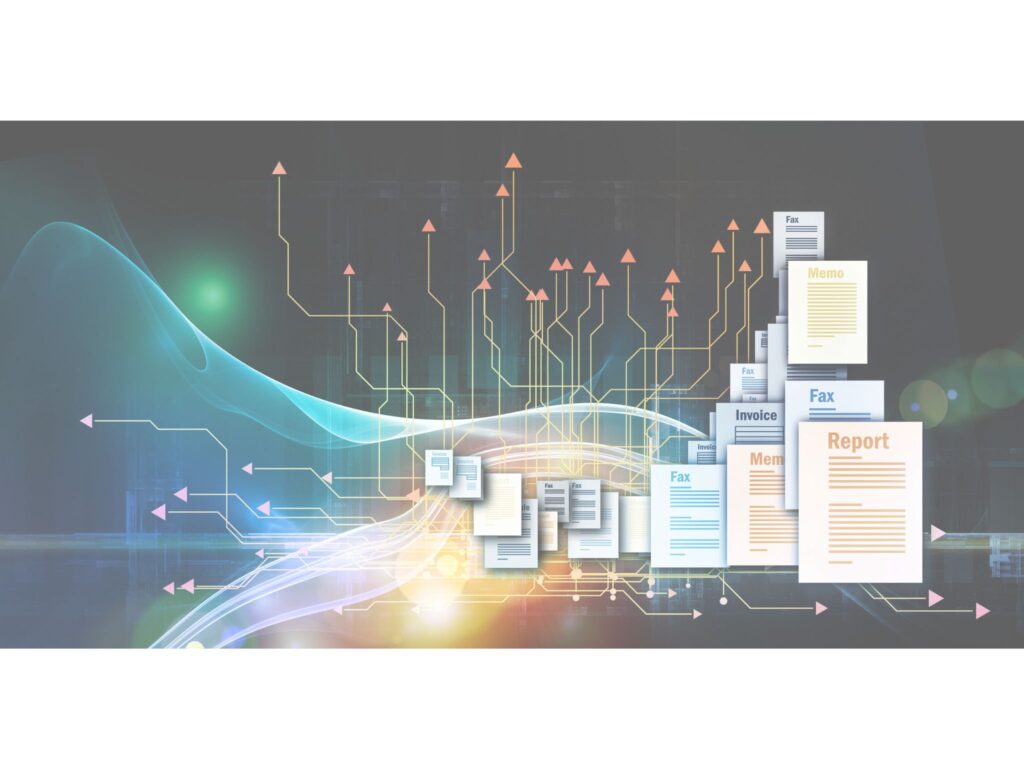AI agents represent the future of personalized education and learning experiences by revolutionizing how knowledge is delivered, assessed, and adapted to individual learner needs. These intelligent systems harness the power of machine learning, natural language processing, and data analytics to tailor educational content, instructional methods, and support mechanisms to optimize learning outcomes for each student. One of the primary benefits of AI in personalized education is adaptive learning platforms. AI-powered algorithms analyze student performance data, learning preferences, and cognitive abilities to create customized learning paths and adaptive learning experiences. These systems adjust the pace, difficulty level, and content delivery based on real-time feedback, ensuring that students receive personalized support and challenges that match their unique learning trajectories. By identifying areas of strength and weakness, adaptive learning platforms promote mastery of concepts, enhance engagement, and improve retention rates among learners.

Furthermore, ai analysis enhance personalized education through intelligent tutoring systems ITS. These systems simulate one-on-one tutoring experiences by providing personalized feedback, guidance, and remediation based on individual student responses and progress. Using cognitive models and educational theories, ITS adapt instructional strategies to accommodate diverse learning styles and preferences, fostering deeper understanding and skill development across various subjects and disciplines. AI also facilitates personalized content recommendations and learning resources. By analyzing learner interactions, preferences, and interests, AI agents can recommend educational materials, supplementary resources, and enrichment activities that align with individual learning goals and curricular requirements. This capability enables learners to explore topics at their own pace, access relevant information, and engage in self-directed learning experiences that cater to their specific interests and aspirations. Moreover, AI-driven assessment and feedback systems transform how student learning is evaluated and monitored.
AI algorithms can assess student responses, analyze performance patterns, and provide timely, constructive feedback that guides learning progress and identifies areas for improvement. This continuous assessment approach promotes formative feedback, supports mastery learning, and helps educators tailor instructional strategies to address individual learning gaps effectively. In addition to enhancing student-learning experiences, AI agents support educators by automating administrative tasks, facilitating data-driven decision-making, and optimizing instructional planning. AI-powered analytics tools analyze classroom data, student performance metrics, and educational trends to inform curriculum design, resource allocation, and instructional interventions. By providing educators with actionable insights and support tools, AI fosters collaboration, professional development, and instructional innovation in educational settings. Despite the transformative potential, integrating AI into personalized education requires addressing challenges such as data privacy, ethical considerations, and the need for ongoing professional development to equip educators with AI literacy and pedagogical skills.